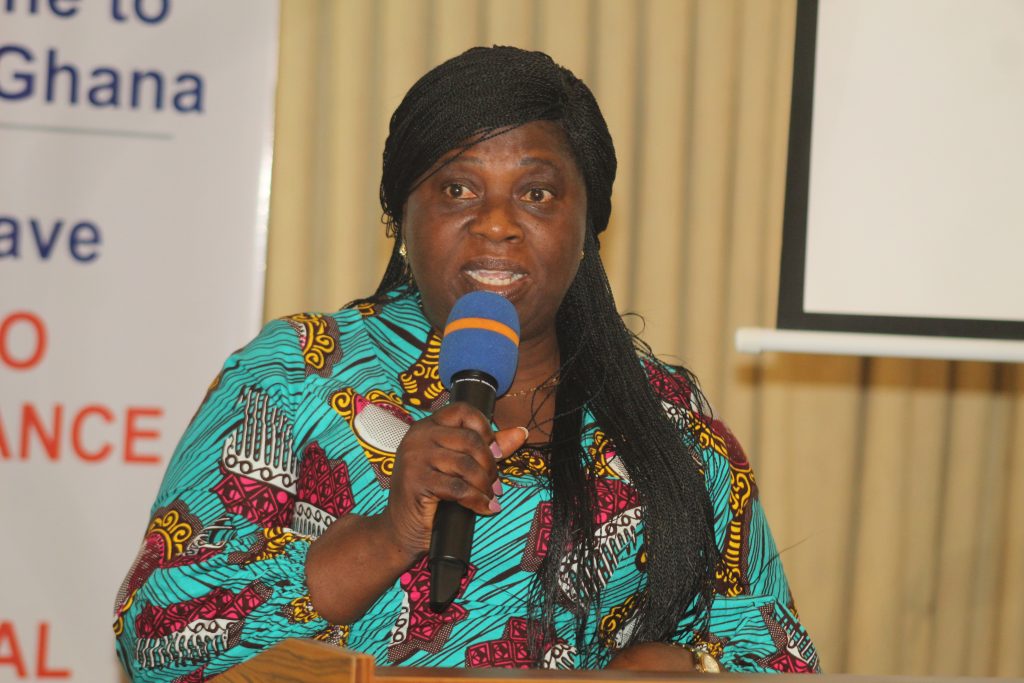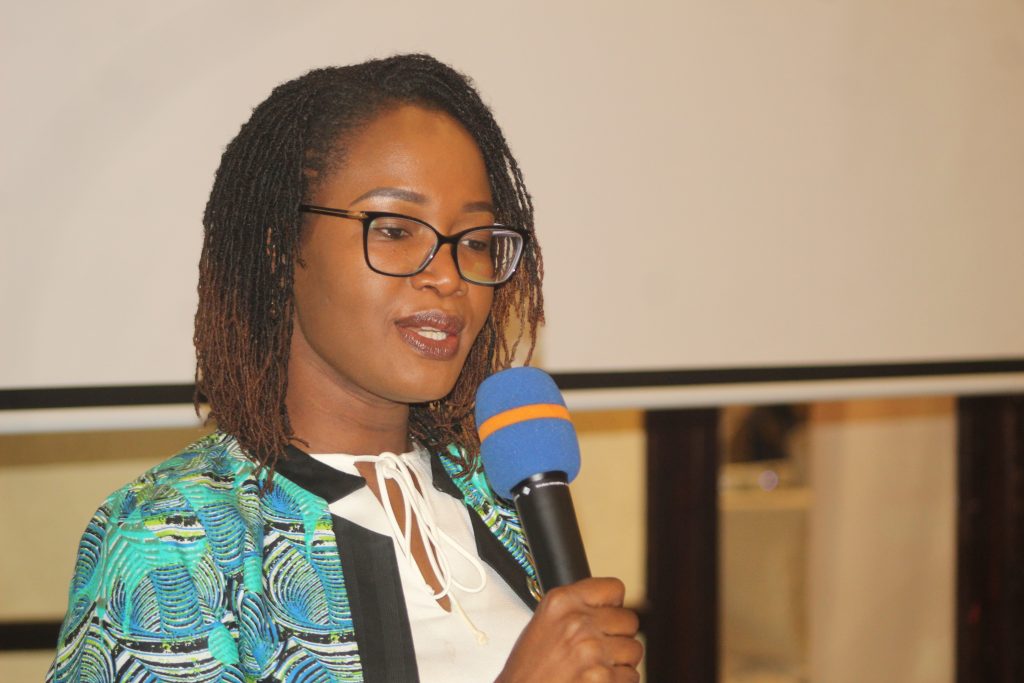By Eunice Hilda A. Mensah
Accra, Dec.06, GNA – If no action is taken to invest in and scale up modern family planning service, it can lead to 1,400,000 unintended pregnancies, 2,500 maternal deaths and 450,000 unsafe abortions, a report says.
It said the return on investment for every dollar invested in the unintended pregnancies, maternal deaths and unsafe abortions, ranged between US$2.6 and US$6.9.
The report was presented by Dr Jacob Novignon and his team from the Kwame Nkrumah University of Science and Technology, at a stakeholder validation meeting by the UNFPA on the theme: “Business Case for Investment in Family Planning, Maternal Health, Child Marriage and Gender-Based Violence” in Accra.

Speaking on Gender-Based Violence (GBV), he said investing in its interventions, would lead to a fall in the rate from 33 per cent in 2024 to 27.1 per cent, 25.8 per cent, and 24.5 per cent by 2030 in a business as usual, achievable and ambitious interventions.
The total cost of GBV interventions by 2030, he said was estimated to be between $1,417.64 million and $1,958.61 million.
On child marriage, Dr Novignon said interventions like rural school supply, improving school infrastructure, pedagogical changes, cash transfers to poor students, malaria prevention and community intervention could reduce the practice significantly.
A scale up of interventions for child marriage in Ghana, he said would lead to averting between 114,000 to 146,000 cases of child marriage between 2024 and 2030.
The total investment required to address child marriage in the country are between $103.53 million and $142.45 million for the total population, he stated.
Dr Novignon advised that the most cost-effective interventions to end child marriage was to ensure that the community was not left out.

Dr Emmily Naphambo, the UNFPA Country Deputy Representative, said the investment case highlighted the importance of making sustainable investments in sexual and reproductive health of women and girls, improving family planning uptake and maternal health, reducing GBV and eliminating child marriage.
“We live in a volatile, uncertain, complex and ambiguous world which calls for different ways of doing things, not ‘business as usual’ way for sustainability,” she said.
Ghana’s graduation from low-income to lower middle-income shifts, she said contributed to shifts in development assistance for health and called for transition from ‘funding’ to a ‘funding and financing model’ with emphasis on domestic financing.
Dr Naphambo said development partners like UNFPA, under the Supplies/Family Planning Partnership Programme, had moved away from annual budget ceilings for governments, to mandatory co-financing arrangements; similar to Global Fund and GAVI requirements of governments to co-finance health programmes.
Poor transitions by governments to the strategic shifts could result in shortages in financial resources, medical product and supply stock-outs, service disruptions, and poor health outcomes, she said.
To support Ghana’s vision to go beyond aid, the Deputy Country Representative said it called for a renewed mindset, attitudes and behaviors to reduce Ghana’s dependence on foreign assistance.
She also called on stakeholders to present compelling evidence on returns on investments that attracted governments, private sector and non-traditional partners to invest in areas originally supported largely by donors.
GNA